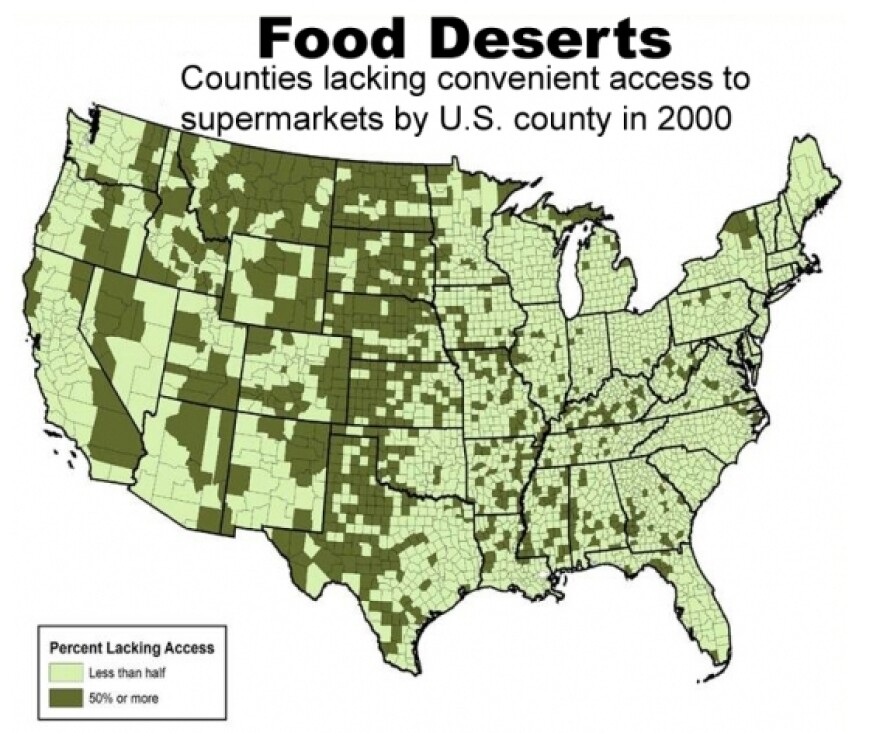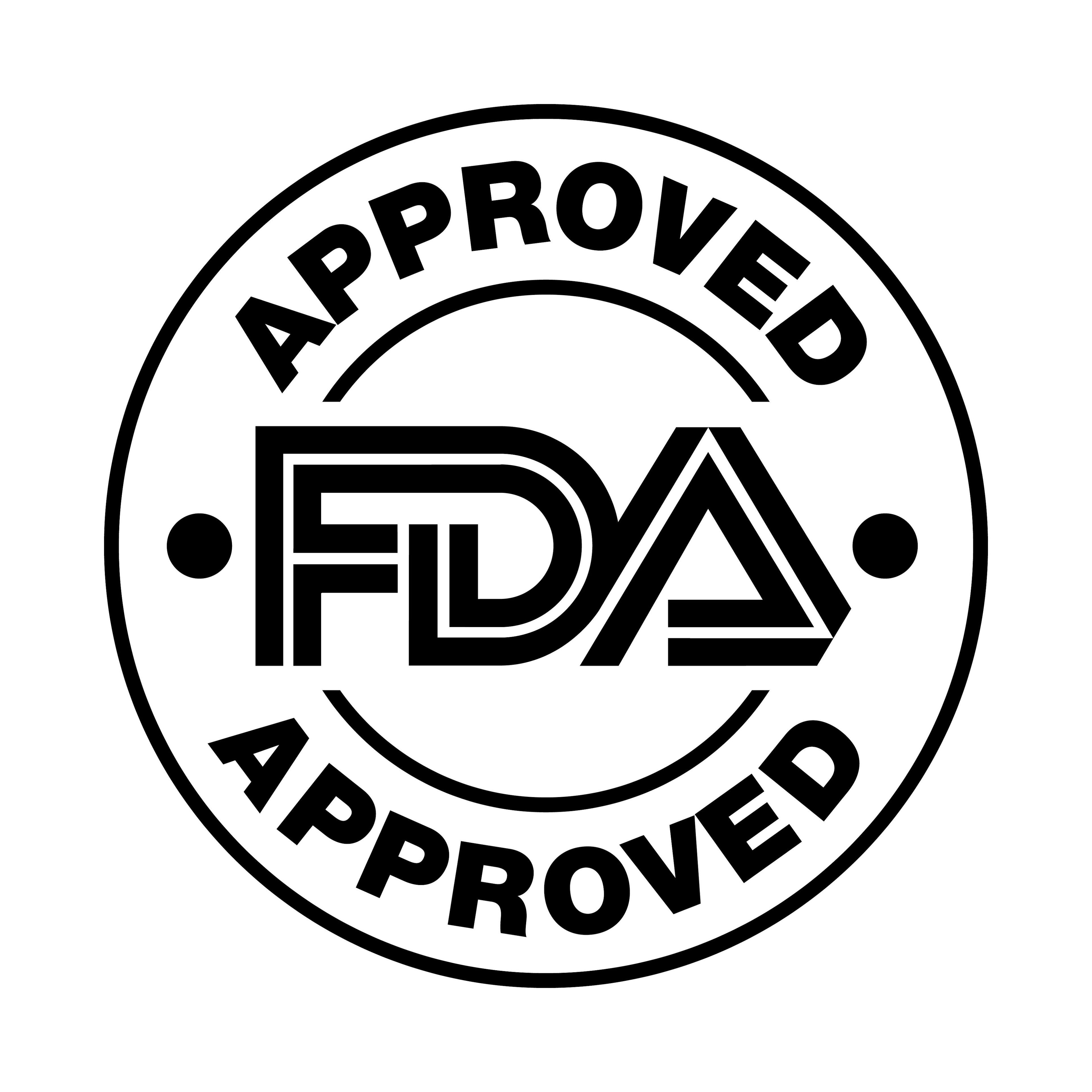Is Fast Food The New Tobacco?
IS FAST FOOD THE NEW TOBACCO?
To answer the question, “Is fast food the new tobacco?” no. I do not believe those two things are comparable. To compare tobacco use and eating fast food is like comparing addictiveness to convenience. Fast food restaurants are known for their convenience and more importantly used in my argument, their price. If we are linking fast food chains directly to the cause of obesity other factors must be considered. Obesity is much more prominent and likely to occur in lower-income and poor families. This is due to the lack of grocery stores. A Food Desert according to the Oxford Dictionary is “an urban area in which it is difficult to buy affordable or good-quality fresh food.” Food deserts are again more likely to be found in low-income urban areas, but you know what is extremely likely to be found, fast food chains like Mcdonald's and Burger King. In “Don’t Blame The Eater" David Zinczenko pointed out the same issue, that other meals were too expensive and fast food became the most affordable option while eating a full meal. Zinczenko states that the calories in these fast food meals were not posted and if they were they were extremely complicated for a person to understand. In a speech Michelle Obama gave at the NAACP, she introduced the “Let's Move” campaign that made fast food companies put accessible calorie and food labeling on meals. Mrs. Obama added that African American children are more likely to be obese than white children pointing out the economic disparities between African American families and white families. The obesity problem occurs in our children first because of convenience parents need and want.
The problem with fast food chains is how unhealthy they are for you. “What the Heath” a documentary on Netflix, explores the issues with food production of meat and other products. According to the World Health Organization, meat is classified as a group 1 carcinogen in the same category as cigarettes and asbestos. The reason this is classified as such is because of the way the animals are treated. When animals like chickens and fish are confined in small spaces, they get sick and infected easily, causing the companies that own them to pump more antibiotics and chemicals into the animals that are then transferred into the milk, meat, and eggs they produce. “What the Health” also touched on the issues of what the animals are being fed. The documentary used the example of cows eating grass in the field. The grass they eat is constantly being infected by the dioxins released by the factories of the plants that they are kept on. By effect, the grass that the cows are eating is then transferring the dioxins into the cow and, in turn, impacting the people who are drinking the milk and eating the cheese.
The problem of Obesity is next. To answer the question, “Should the obesity issue be government regulated or remain personal responsibility?” is more complex. In the article “What You Eat is Your Business,” Balko believes that it is not the responsibility of the government to get involved. The problem I have found is that the government is too lenient with the Food and Drug Administration, FDA, regarding what chemicals are allowed in food processes and food production. In other countries, hundreds of chemicals and ingredients are not allowed to be used in foods and even facial products that are used in the United States.
I think personal responsibility is an important factor in taking care of your health is important, however, you still have to account for those who can’t afford expensive grocery stores like Whole Foods or do not even have access to grocery stores. Another issue I found is about how people are deemed unhealthy or obese. The Body Mass Index scale (BMI) is used to decide if you are an unhealthy or obese weight. It is calculated by your weight and height, it does not take into account how much exercise you get, what you eat, or how healthy of a person you are. This scale is extremely inaccurate and must be updated with more research to determine if a person is overweight or obese.




Comments
Post a Comment